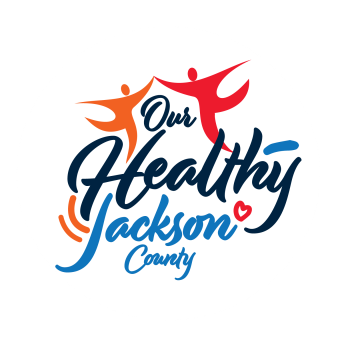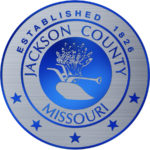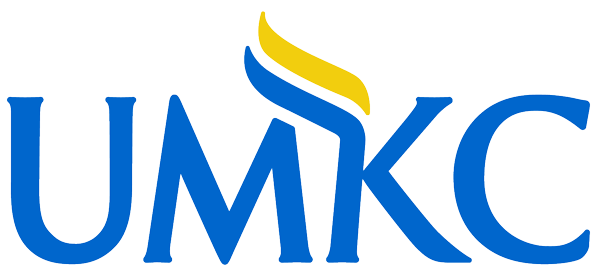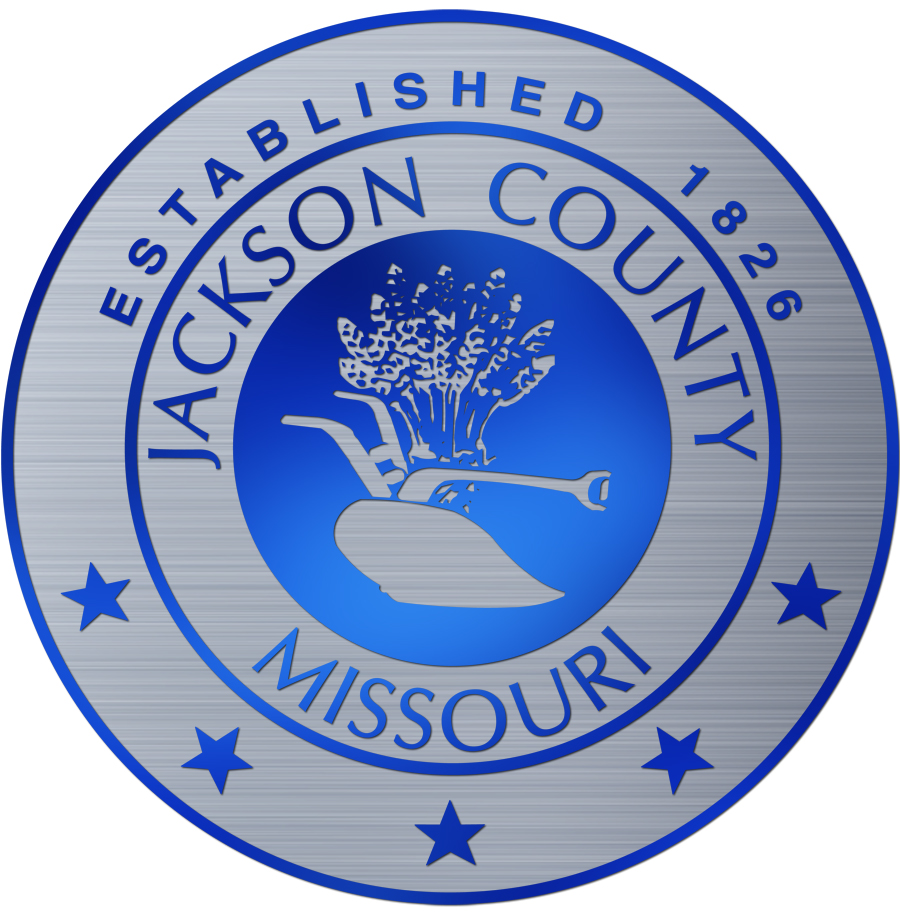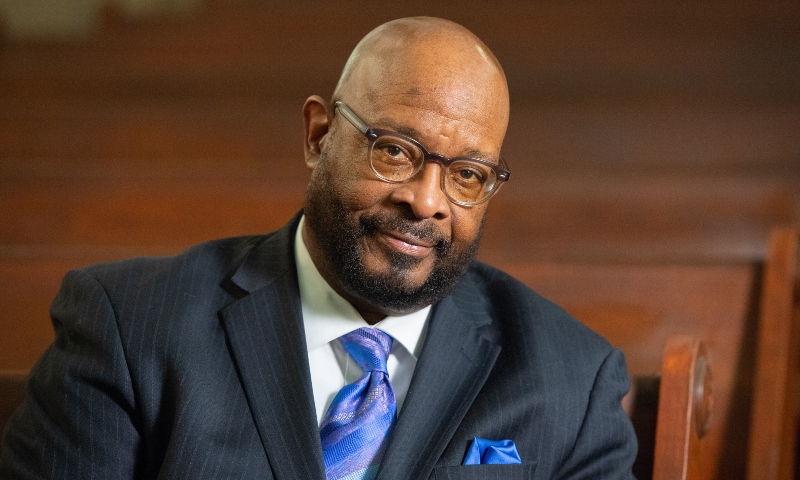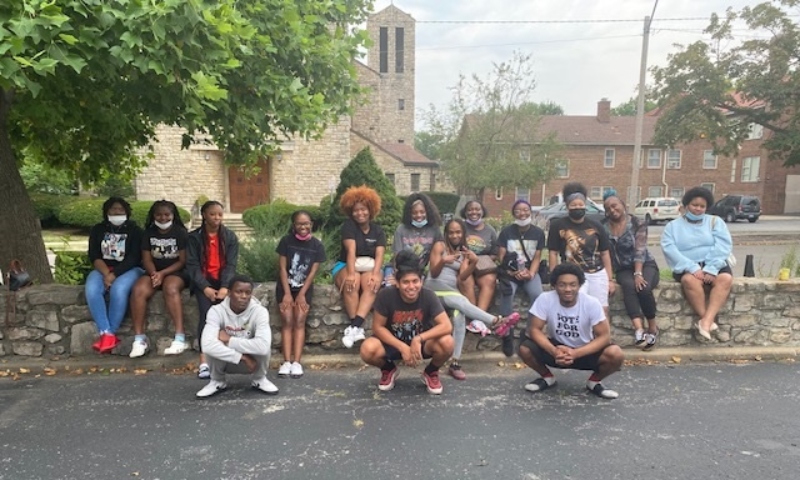
Employment program for underserved youth helps to drive vaccinations
Our Healthy KC Eastside (OHKCE) is a large-scale, community-based partnership addressing access to COVID-19 vaccines and health inequities in vulnerable areas of Jackson County, Mo. Meet the community partners who are dedicated to improving Jackson County’s residents’ lives.
Youth Ambassadors has a successful history bringing positive change to the lives of teenagers in underserved neighborhoods in Kansas City. In addition to a year-round employment program, its summer program provides youth with opportunities to explore experiential learning and leadership. Based on its history, Youth Ambassadors has the opportunity to leverage relationships with its participants to drive COVID-19 vaccination.
Monique Johnston, executive director, enthusiastically supports Youth Ambassador’s role in fighting misinformation around the vaccine and encouraging vaccination.
“The pandemic has highlighted not only the health inequities in our city, state or country, but also how closely linked those health inequities are to socioeconomic status, and particularly race and income.”
Thus far, Youth Ambassadors recruited ten local youth organizations as well as individual teams to spread accurate information about the safety and effectiveness of the vaccines. In addition, the organization will train youth leaders who will share the information among their peers.
“We’re using a peer-to-peer education model where teens spread targeted messaging in person and online to combat the misinformation and the conspiracy theories that exist. We’ve used this approach in an anti-violence program. In that program, one of those posts went viral and had 75,000 engagements using social media. We’re hoping for that kind of influence.”
Youth Ambassadors polled its 175 summer program participants on their vaccination interest or status.
“Forty percent of our kids said they wanted to get vaccinated but had not,” Johnston says. “The rest said they weren’t vaccinated and were not interested. They said they were young and healthy, and they could fight the virus if they caught it.”
She recognizes that this demographic can feel invincible.
“They can run a mile and not feel any pain, so they think they can fight off a cough. But now we’re seeing an increase of reports of younger people who are hospitalized with the rise of the Delta variant.”
Johnston thinks targeted social media messaging can be powerful in dispelling vaccine myths and turn the tide in getting accurate information to more people.
“There’s been a long history of mistrust of the medical community within the Black community. We think getting trusted information from your social circle will be a successful strategy for getting people vaccinated,” Johnston says.
Youth Ambassadors is hosting a vaccination event on September 25, with a follow up for the second dose three weeks later. Vaccine recipients will receive $50 for the first vaccination and $50 to take a survey to share their perceptions about the vaccine.
“We’re hoping these financial incentives will mobilize people to get vaccinated,” Johnston says. “For some families in the urban core, that will cover the electricity bill or a trip to the grocery store.”
Besides financial incentives, Johnston hopes some of the existing cultural nuances in the Black community will be to their advantage when it comes to vaccination.
“People of color are more likely to live in multi-generational households and have tight social circles,” she says. “Some people are already setting firm boundaries about not interacting with people who are unvaccinated. But I’m also seeing more hand-holding as people offer to help friends and family make appointments and maybe drive them to get the vaccine.”
Johnston is hoping that teens who are vaccinated will be able to infiltrate the social circle for the family and crack the code to further acceptance.
“We’d love to have teens show up for the $100, but also bring his uncle, who will then tell his mom,” Johnston says.
Through efforts of the fifteen youth organizations participating in the project, Johnston is hoping to vaccinate 1,250 people.
“I grew up on 53rd and Michigan,” Johnston says. I’m a kid of that neighborhood. I lived on the Eastside almost my whole life. Some of the trauma that our kids experience is linked to poverty and economic disenfranchisement. Unfortunately, the pandemic added another layer of stressors for people of color in the targeted zip codes.”
Johnson credits her predecessor, Teesha Miller, for getting Youth Ambassadors involved in this this project. “I felt it was our duty to participate. We don’t know what fall will look like. I just hope we crack the code and help people get vaccinated.”
